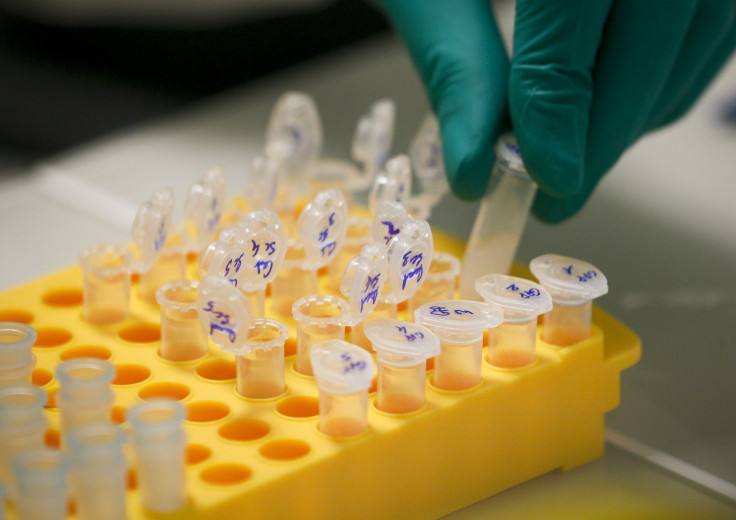Humans Share 70 Percent Of Their Genes With This Slimy Seabed Worm

Humans share more genes with one of the least expected organisms on Earth, a deep-sea marine worm. According to a latest research conducted by researchers at the Okinawa Institute of Science and Technology Graduate University, acorn worms and humans share 70 percent of their genes, establishing them as human species' distant cousins.
The research team has successfully sequenced the genomes of two marine worm species and found that acorn worms and humans have more in common than expected. The two worm species that the researchers observed during the study were Ptychodera flava and Saccoglossus kowalevskii.
The researchers say that even though acorn worms do not share any morphological or physiological characteristics with humans, they share approximately 14,000 genes with each other. The team then compared the genome of acorn worms to other animals and discovered that similar genes exist in the common ancestor of all the deuterosomes. The common ancestor is believed to have lived during the Cambrian explosion, around 500 million years ago.
Acorn worms are one of the most ancient deutorosoes present on Earth today. Researchers believe that the study of acorn worms can help figure out how genes that first appeared in organisms help control physical features across different but related organisms.
During the evolution of deuterosomes, more complex organisms emerged that were physically much different than the simpler acorn forms. However, the researchers found during the study that some physical features were still related to the same genes in acorn worms that performed the same function through simpler structures in them.
"Our analysis of the acorn worm genomes provides a glimpse into our Cambrian ancestors' complexity and supplies support for the ancient link between the pharyngeal development and the filter feeding life style that ultimately contributed to our evolution," wrote Dr Oleg Simakov, the lead researcher, in the study published in the journal Nature.
© Copyright IBTimes 2024. All rights reserved.





















